Does staring at screens affect children’s sleep?
Oxford University study challenges widespread fears that gadget use disrupts youngsters’ rest
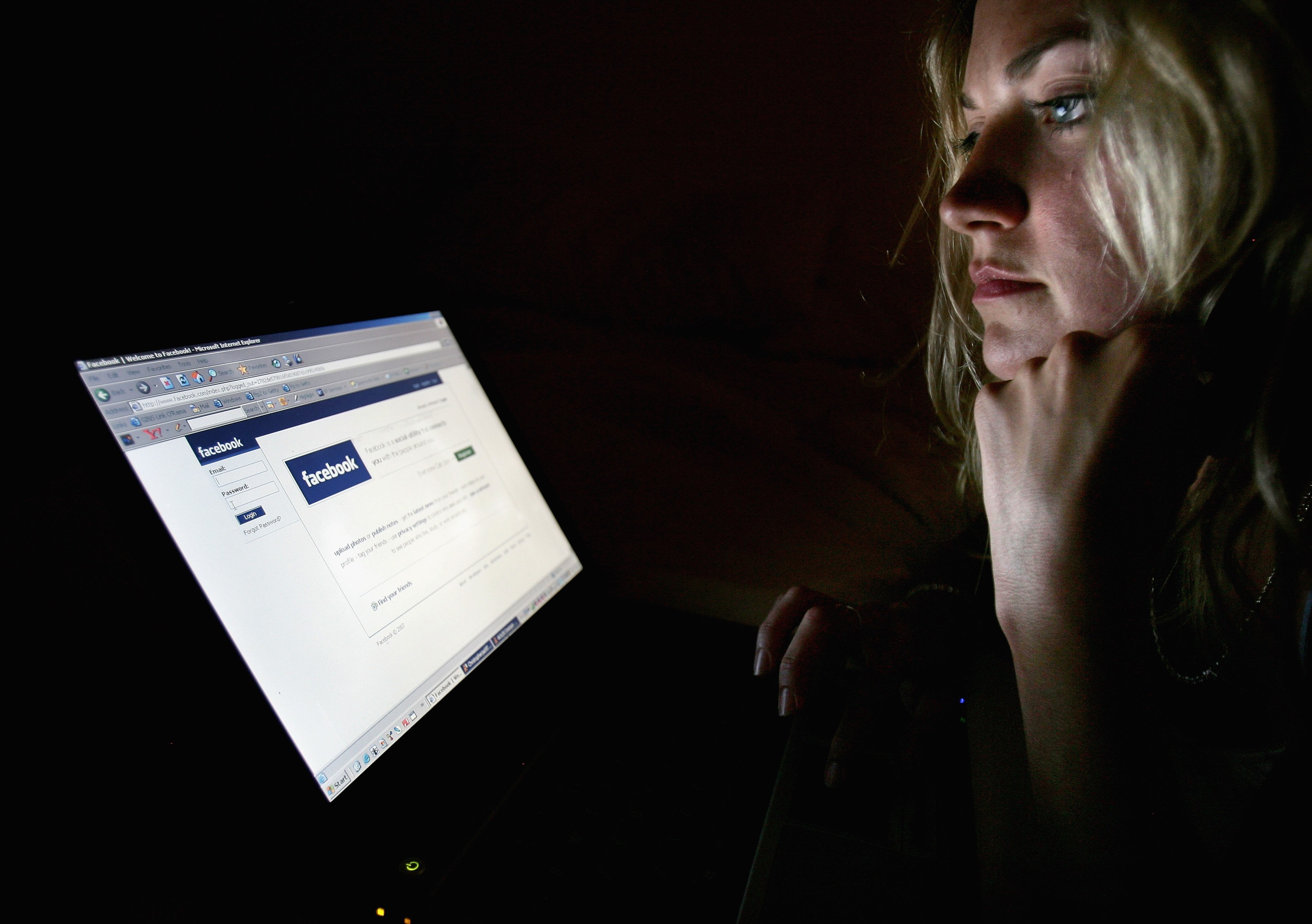
A free daily email with the biggest news stories of the day – and the best features from TheWeek.com
You are now subscribed
Your newsletter sign-up was successful
Parents who fear that excessive screen time may be disrupting children’s sleep have nothing to worry about, new research suggests.
Scientists from the Oxford University’s Internet Institute say the relationship between how long a child spends in front of a screen and sleep patterns is “extremely modest” at most. That verdict contradicts previous studies that have claimed excessive use of gadgets is to blame for up to 90% of school-age children not getting enough sleep, The Daily Telegraph reports.
The Oxford research found that children experienced only three to eight minutes of sleep less for every hour spent in front of a screen.
The Week
Escape your echo chamber. Get the facts behind the news, plus analysis from multiple perspectives.

Sign up for The Week's Free Newsletters
From our morning news briefing to a weekly Good News Newsletter, get the best of The Week delivered directly to your inbox.
From our morning news briefing to a weekly Good News Newsletter, get the best of The Week delivered directly to your inbox.
Professor Andrew Przybylski, author of the study, said parents should focus on “bedtime routines and regular patterns of sleep”, rather than “thinking screens themselves play a significant role”.
He also claims that the small sample sizes used in previous studies have skewed the results.
“Because the effects of screens are so modest, it is possible that many studies with smaller sample sizes could be false positives, results that support an effect that in reality does not exist,” Przybylski explained.
More research needed
A free daily email with the biggest news stories of the day – and the best features from TheWeek.com
The new study looked at 50,000 children aged between six months and 17 years, using data from a 2016 US study in which parents from across the country completed surveys about their households.
Not everyone is convinced by the findings, however.
Speaking to the BBC, UK-based GP Rangan Chatterjee said he still plans to advise parents to tell their children to switch off devices an hour before going to bed.
“The more research on this area, the better because screens are here to stay,” Chatterjee said. “But the findings don’t replicate what I see in clinical practice, which is that the use of screens right before bed has a significant impact on the quality of sleep.”
Przybylski also admits that the results from the study are “imperfect” because the US survey data relied on reports from parents, rather than from the children themselves.
Many leading firms including Apple, Google and Facebook have introduced dashboards that allow people to keep a record of how long they spend on screens.
-
 How the FCC’s ‘equal time’ rule works
How the FCC’s ‘equal time’ rule worksIn the Spotlight The law is at the heart of the Colbert-CBS conflict
-
 What is the endgame in the DHS shutdown?
What is the endgame in the DHS shutdown?Today’s Big Question Democrats want to rein in ICE’s immigration crackdown
-
 ‘Poor time management isn’t just an inconvenience’
‘Poor time management isn’t just an inconvenience’Instant Opinion Opinion, comment and editorials of the day
-
 The dark side of how kids are using AI
The dark side of how kids are using AIUnder the Radar Chatbots have become places where children ‘talk about violence, explore romantic or sexual roleplay, and seek advice when no adult is watching’
-
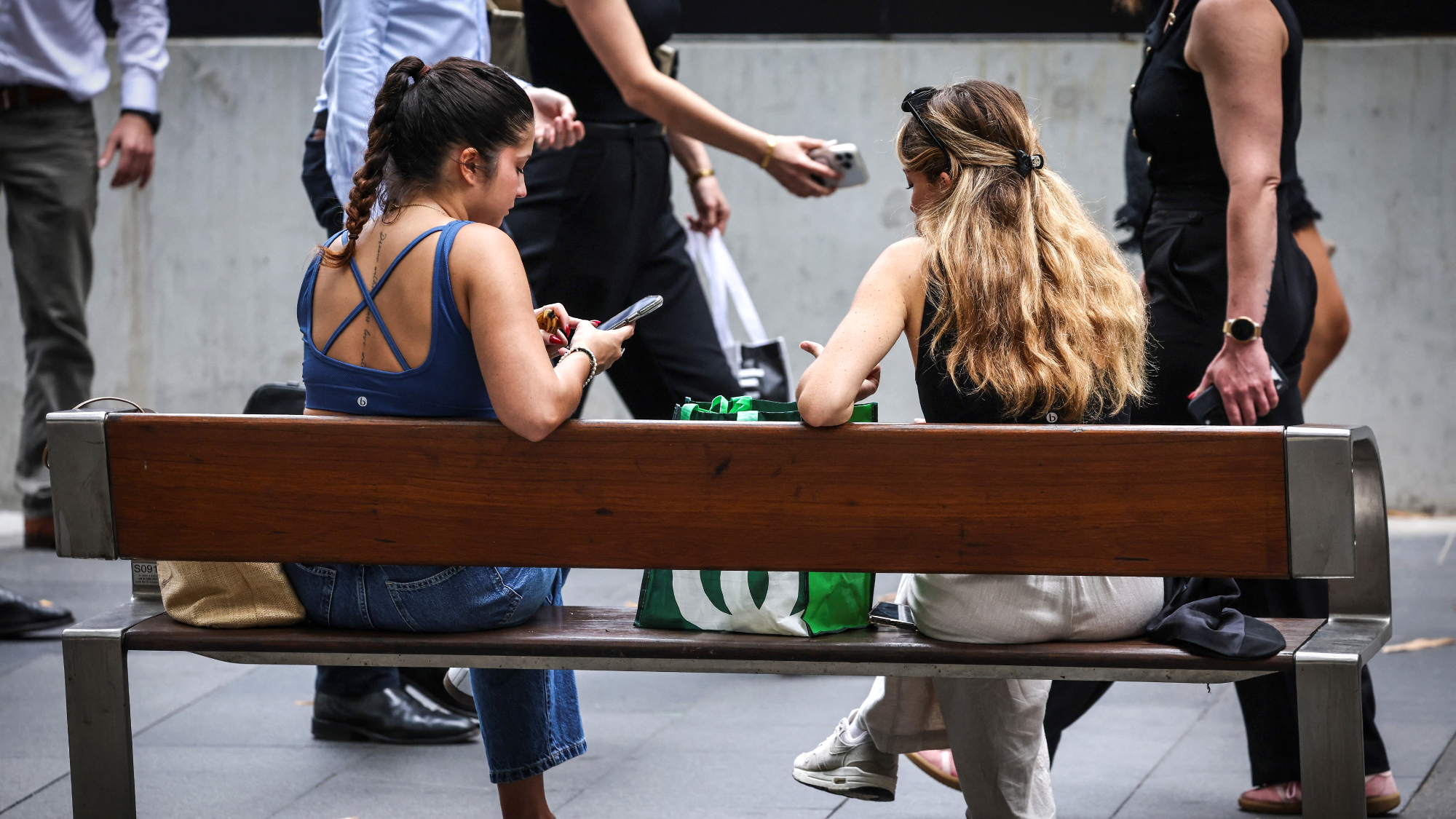 Australia proposes social media ban before age 16
Australia proposes social media ban before age 16Speed Read Australia proposes social media ban before age 16
-
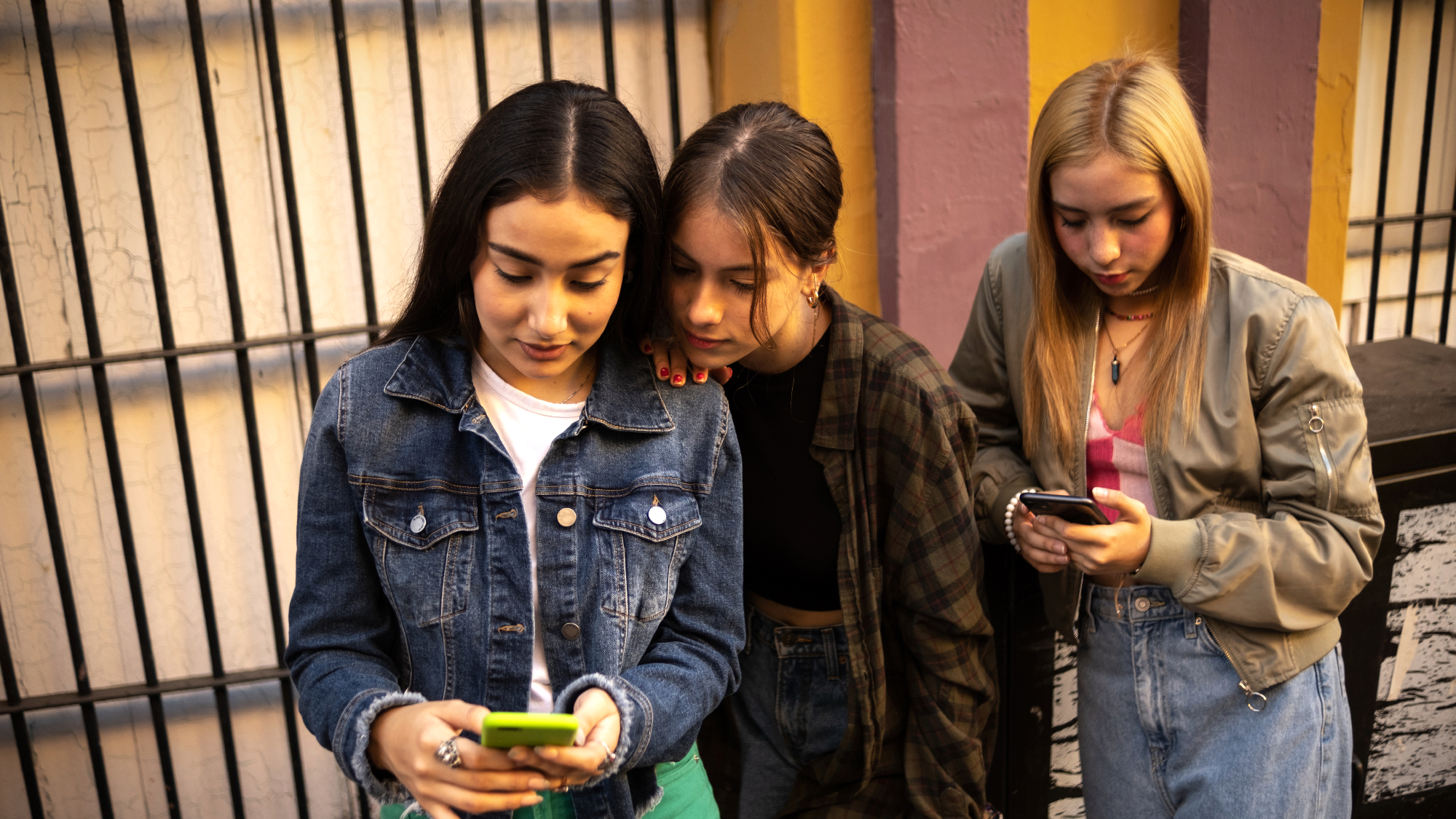 States sue TikTok over children's mental health
States sue TikTok over children's mental healthSpeed Read The lawsuit was filed by 13 states and Washington, D.C.
-
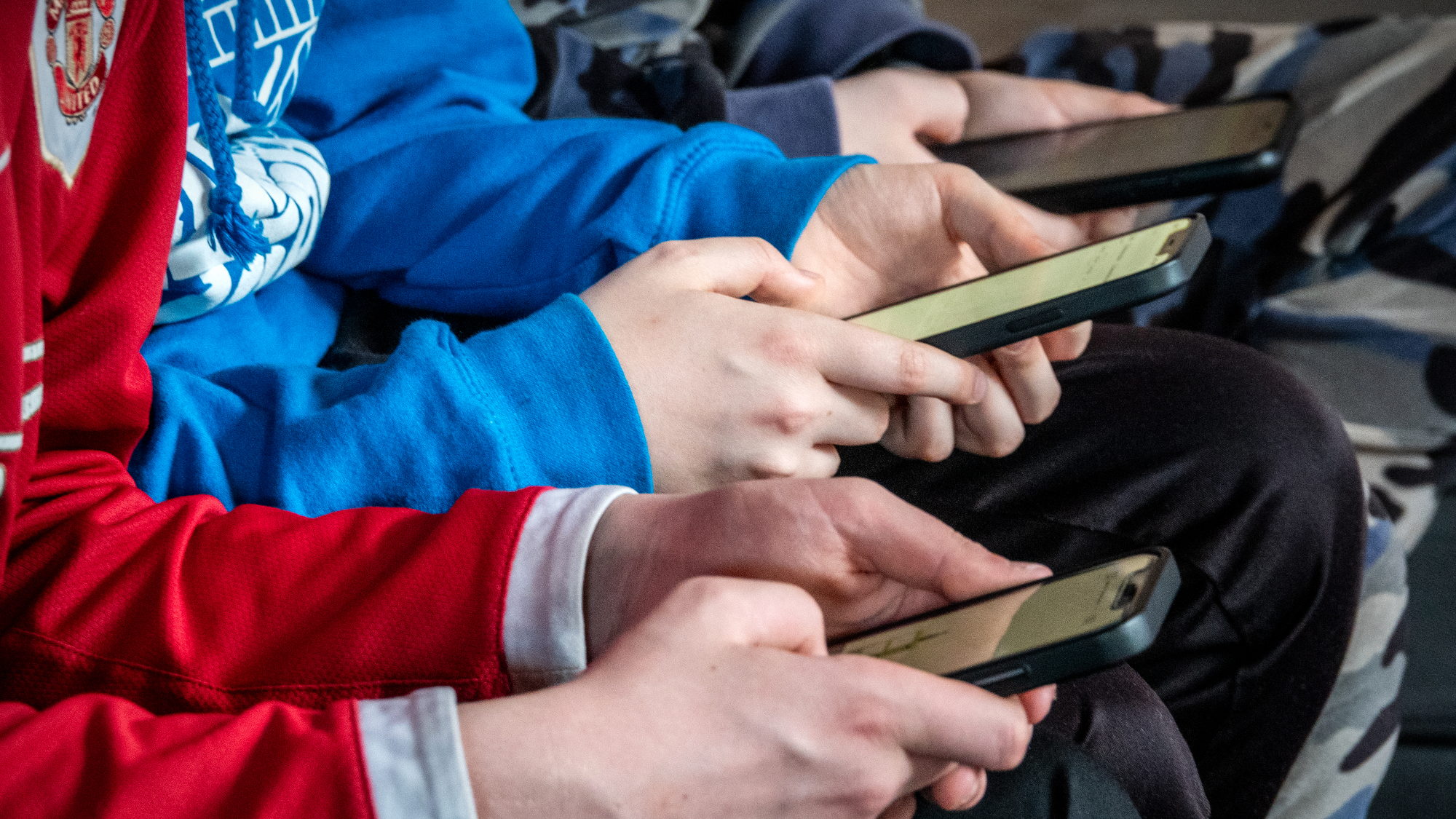 Instagram rolls out teen accounts with new limits
Instagram rolls out teen accounts with new limitsSpeed Read After facing pushback over child safety, Meta announced that all users under 18 will have their Instagram accounts modified
-
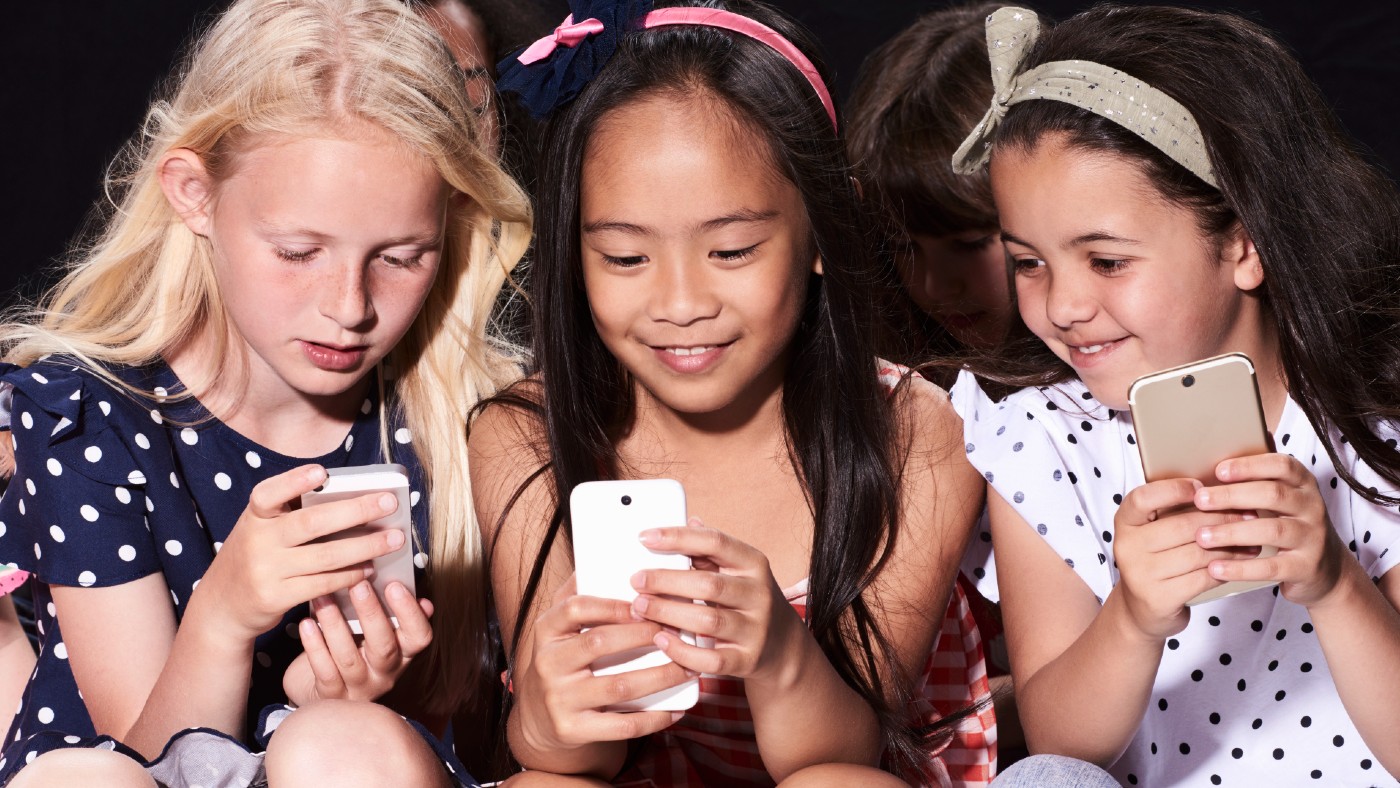 Generation Alpha: the new kids making Gen Z feel old
Generation Alpha: the new kids making Gen Z feel oldfeature The next generation of children are on the cusp of becoming teenagers – and are making their presence felt
-
 How cybercriminals are hacking into the heart of the US economy
How cybercriminals are hacking into the heart of the US economySpeed Read Ransomware attacks have become a global epidemic, with more than $18.6bn paid in ransoms in 2020
-
 Language-learning apps speak the right lingo for UK subscribers
Language-learning apps speak the right lingo for UK subscribersSpeed Read Locked-down Brits turn to online lessons as a new hobby and way to upskill
-
 Brexit-hobbled Britain ‘still tech powerhouse of Europe’
Brexit-hobbled Britain ‘still tech powerhouse of Europe’Speed Read New research shows that UK start-ups have won more funding than France and Germany combined over past year